Blog posts tagged with locomotion

04 Apr
animal behavior research
Gait and Locomotion
Rat strain and sex matter in spinal cord injury research: insights from CatWalk XT
Researchers from the Central University of Michigan studied how different rat strains and sexes recover from spinal cord compression injuries, providing valuable insights into recovery variability and potential treatment consideration.
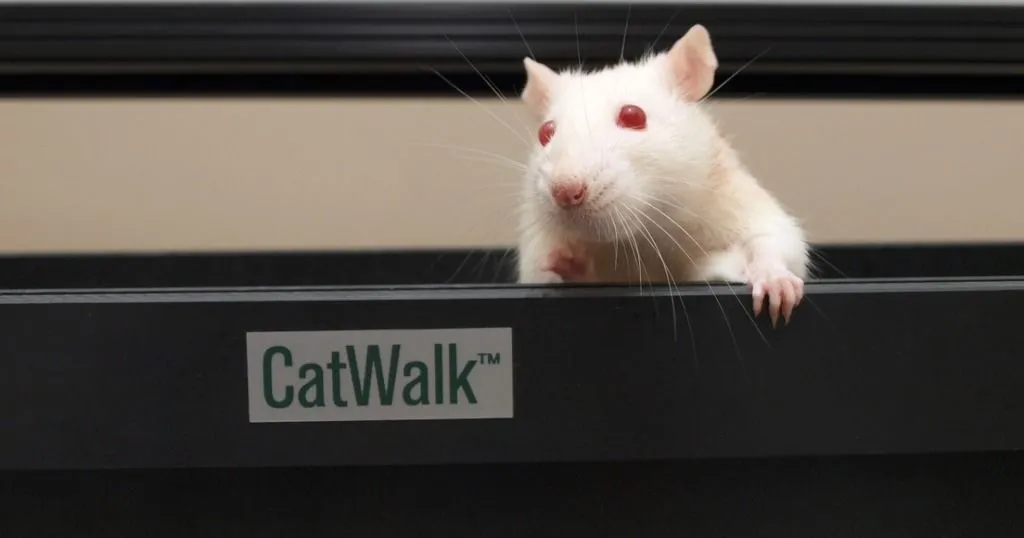
29 Feb
animal behavior research
Gait and Locomotion
CatWalk XT gait analysis vs treadmills
In this blog post, we will discuss how the CatWalk XT method and treadmill method for gait analysis differ from each other, and what you should consider about both methods when performing gait analysis.

02 Mar
animal behavior research
Gait and Locomotion
In utero alcohol exposure, the effects on brain and behavior
About 10% of women worldwide drink during their pregnancy. This could cause the fetus to suffer from fetal alcohol syndrome, which can lead altered tissue structures in the brain to motor deficits.
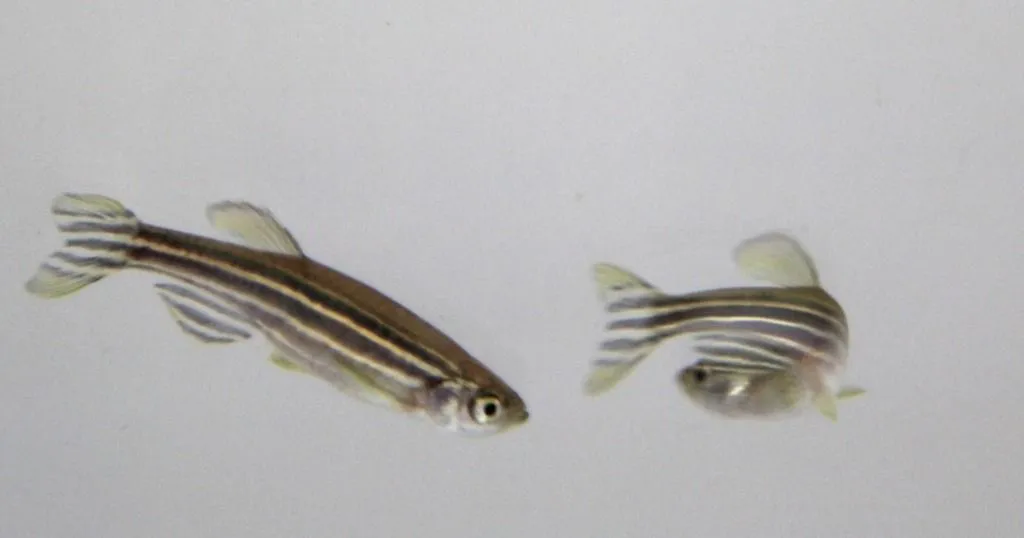
01 Feb
animal behavior research
Zebrafish Research
Zebrafish behaviors shows true effect of chemicals on aquatic animals
Modern industrial processes, agricultural practices and domestic waste result in all sorts of chemicals getting into our waters. CPC is widely used. How does it affect the fish?
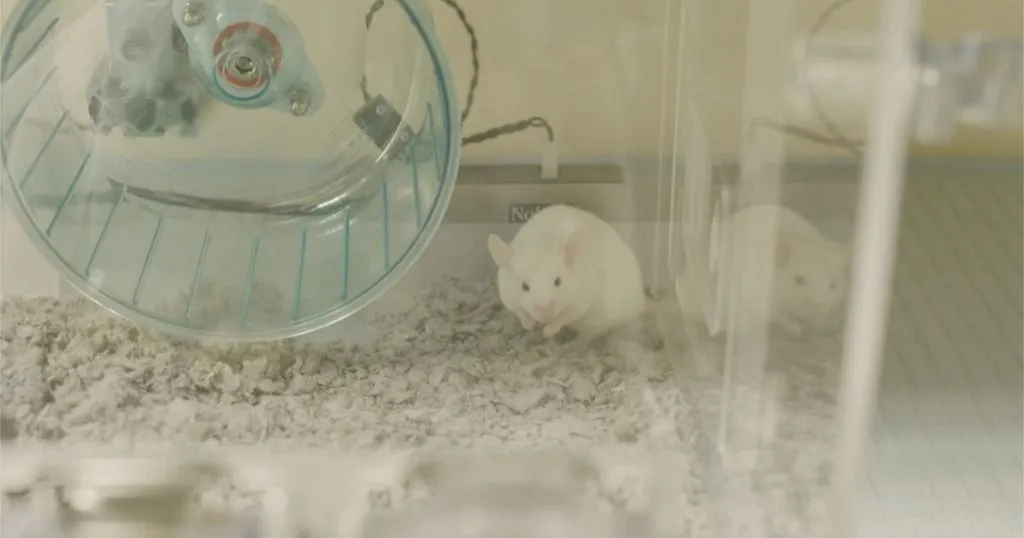
24 Nov
animal behavior research
Anxiety, Depression and Fear
The Hypothalamus is involved in locomotion? Complex dopamine circuitry uncovered
By measuring locomotion and investigating dopaminergic neurons, complex dopamine circuitry is uncovered. How are amphetamine and our biological clock involved in this?
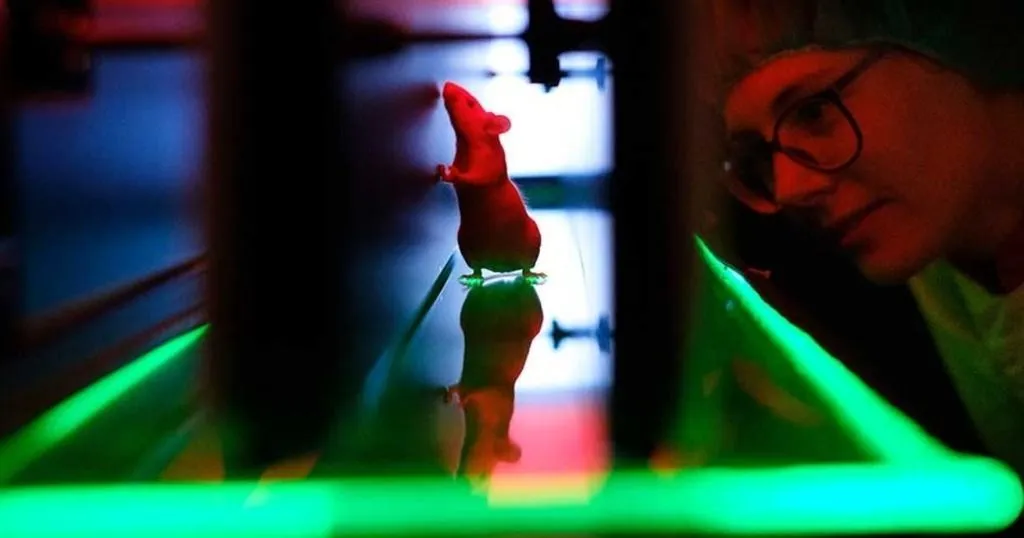
29 Sep
animal behavior research
Research Methods
What you need to know about the CatWalk gait analysis method
Let's take a little step back and talk about the history and technology of the CatWalk system. What was the reason of creating this gait analysis system for rats and mice? How does it work?
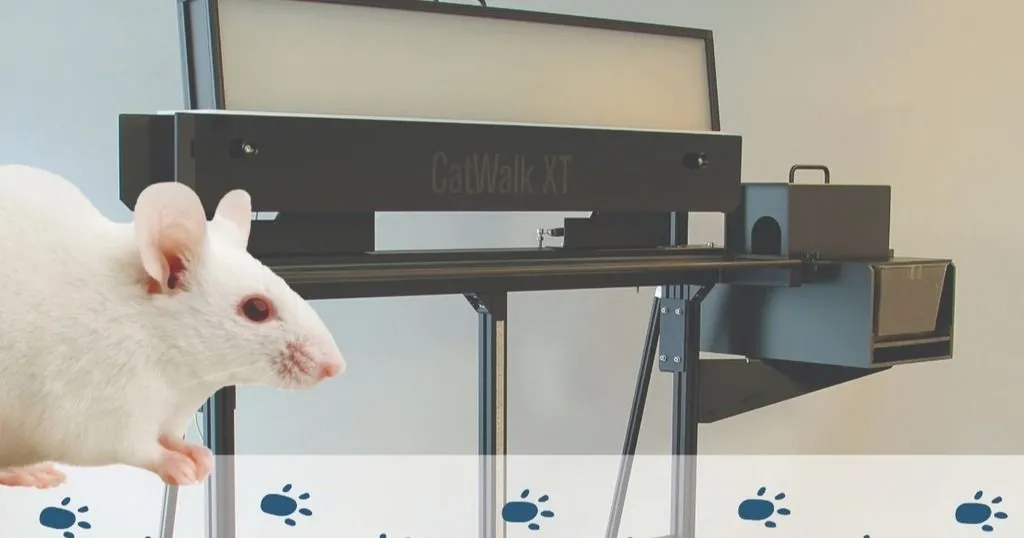
11 Apr
animal behavior research
Gait and Locomotion
3 ways to use rodent gait analysis in CatWalk XT
CatWalk XT has been used for gait analysis in multiple studies and has helped experimental procedures for a number of neurological disorders and in lesion models. These 3 blogs tell you more about that!
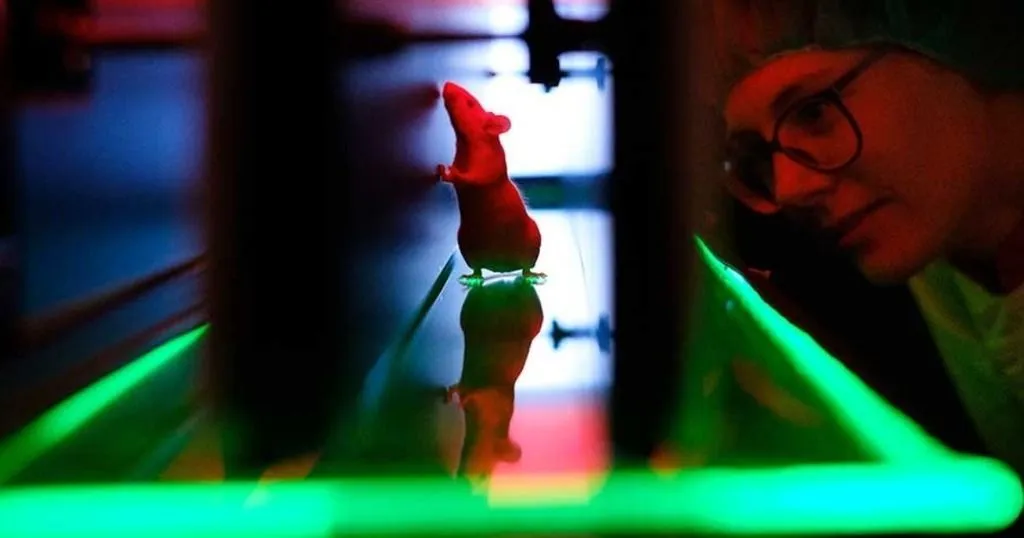
29 Mar
animal behavior research
Gait and Locomotion
Quantifying locomotion in rats using CatWalk XT
Gait analysis is a powerful tool in evaluating behavioral and physiological changes in clinical and pre-clinical rodent models.
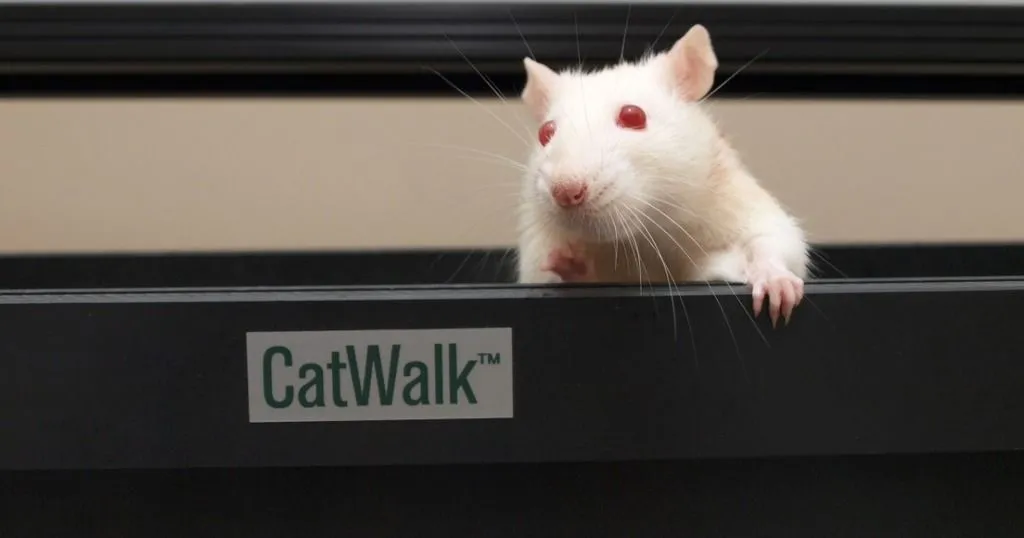
14 Mar
animal behavior research
Gait and Locomotion
Using CatWalk XT to analyze variations in gait performance in adolescent mice
Rodents are the most common model organisms in biomedical research. Automated gait analysis provides a precise and objective means of analyzing behavioral and physiological changes in rodent models.
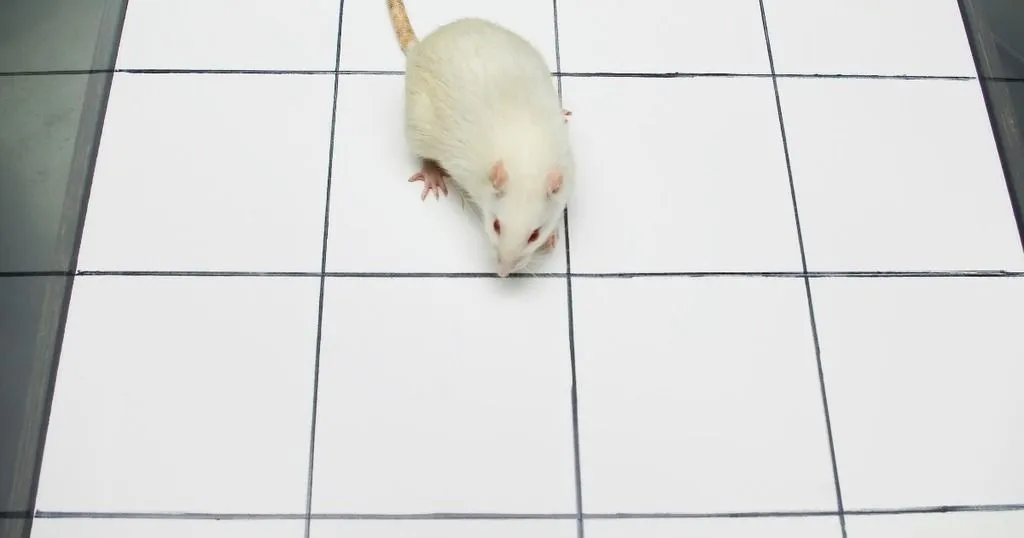
20 Oct
animal behavior research
Anxiety, Depression and Fear
The open field test: A staple in behavioral batteries
The open field test is a locomotor, exploratory and/or anxiety test. Can we measure all these behaviors in a simple enclosed arena? This is exactly what we talk about in this blog, and the discussion surrounding this.